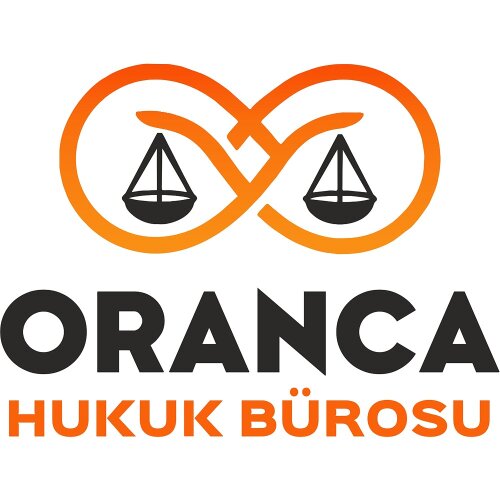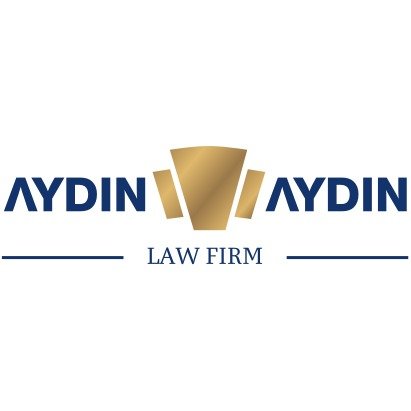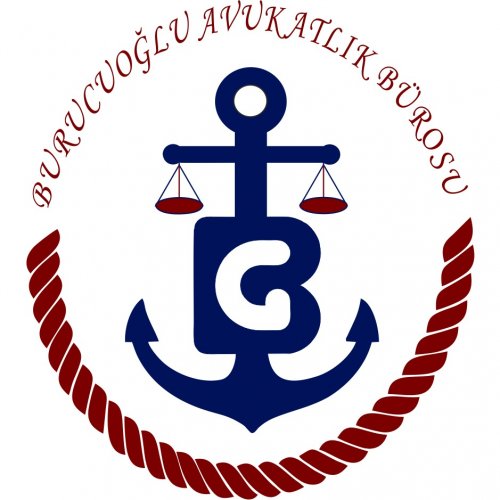Best Restructuring & Insolvency Lawyers in Izmir
Share your needs with us, get contacted by law firms.
Free. Takes 2 min.
List of the best lawyers in Izmir, Turkey
About Restructuring & Insolvency Law in Izmir, Turkey
Restructuring and insolvency law in Izmir, Turkey, plays a vital role for individuals and businesses facing financial difficulties. Located on the Aegean coast, Izmir is a dynamic commercial hub with a diverse economy. As such, financial distress can affect companies and individuals alike. The legal processes for restructuring and insolvency are designed to help debtors manage overwhelming debts and offer creditors a fair framework for recovering what is owed. Turkish law provides several options, ranging from restructuring agreements to formal bankruptcy proceedings, ensuring legal protection and transparency for all parties involved.
Why You May Need a Lawyer
Dealing with restructuring and insolvency is complex and can have significant consequences for your finances, assets, and reputation. Legal representation provides vital support in a range of situations, including:
- If your business is unable to pay its debts as they fall due
- If you are facing creditor lawsuits or asset seizures
- If you wish to negotiate repayment terms or restructuring agreements
- If you are a creditor seeking to recover unpaid debts
- If you need to understand your legal rights and obligations as a debtor or creditor
- If you are considering bankruptcy or wish to challenge bankruptcy proceedings
- If you want to safeguard personal assets during a company insolvency
- If you require representation in insolvency litigation
An experienced lawyer helps ensure compliance with Turkish law, protects your interests throughout negotiations or court proceedings, and maximizes the chances of reaching the most favorable outcome.
Local Laws Overview
Restructuring and insolvency laws in Turkey are primarily outlined in the Turkish Execution and Bankruptcy Code (İcra ve İflas Kanunu) and various related regulations. In Izmir, these laws are administered by local courts and enforcement offices.
Key aspects to understand include:
- Concordat (Konkordato): A debtor can propose a concordat agreement to creditors for restructuring debts and avoid bankruptcy. The court supervises this process, granting temporary and (if approved) permanent protections from creditor actions.
- Bankruptcy (İflas): Bankruptcy can be initiated voluntarily by the debtor or compulsorily by creditors. Once declared bankrupt, the debtor's assets are managed by a bankruptcy administration for distribution to creditors.
- Postponement of Bankruptcy (İflasın Ertelenmesi): Previously, Turkish law allowed businesses to apply for a postponement if restructuring was possible. However, recent reforms have suspended this mechanism to prevent abuse.
- Restructuring by Settlement (Adi veya Kapsamlı Uzlaşma): Corporate entities with financial difficulties may negotiate directly with creditors for restructures outside formal bankruptcy, subject to court approval.
- Creditor Rights: Creditors may pursue enforcement proceedings to recover debts, file for bankruptcy, or participate in distribution from debtor’s estate after insolvency is declared.
- Cross-Border Insolvency: Turkish law has limited provisions regarding international insolvency but recognizes some foreign insolvency proceedings under certain conditions.
Frequently Asked Questions
What is the difference between restructuring and bankruptcy?
Restructuring aims to reorganize debts and allow a business to continue operating, often with creditor consent. Bankruptcy, on the other hand, leads to liquidation of assets to pay creditors, after which the business may cease to exist.
What is a concordat, and how does it work?
A concordat is a court-approved agreement between debtors and creditors that modifies the payment terms of debts, offering protection from enforcement actions during the process.
Can individuals apply for restructuring, or is it only for companies?
While restructuring mechanisms primarily target companies, certain solutions under Turkish law can be available to individuals, especially for business debts.
How long does an insolvency process typically take in Izmir?
The duration can vary widely depending on complexity, ranging from several months for straightforward cases to years for complicated bankruptcies.
Will all my debts be wiped out if I declare bankruptcy?
Not necessarily. Some debts, such as tax obligations or secured loans, may survive bankruptcy or be prioritized during asset distribution.
Do I lose all my assets if my business goes bankrupt?
Not always. Certain personal assets may be protected depending on their nature and whether appropriate legal separation has been maintained.
Can creditors continue collection efforts during restructuring or bankruptcy?
After the court accepts a restructuring or bankruptcy process, legal stay orders typically block most collection actions until proceedings conclude.
How are employees affected by insolvency proceedings?
Employees’ unpaid wages receive priority in asset distribution, but employment contracts may be terminated depending on the case.
Is cross-border insolvency recognized in Turkey?
Limited international cooperation exists. Recognition of foreign insolvency proceedings depends on reciprocity and Turkish law requirements.
Do I need a lawyer, or can I handle insolvency proceedings myself?
Insolvency proceedings are complex, often requiring formal applications, court appearances, and negotiations. It is strongly recommended to engage an experienced lawyer to protect your interests.
Additional Resources
If you need further information or assistance, consider contacting the following resources in Izmir and nationwide:
- Izmir Bar Association (İzmir Barosu): Offers lawyer referrals and legal assistance.
- Local Courts (İzmir Adalet Sarayı): Handles insolvency and bankruptcy filings.
- Republic of Turkey Ministry of Justice (Adalet Bakanlığı): Provides information on applicable laws and procedures.
- Chamber of Commerce in Izmir (İzmir Ticaret Odası): Offers guidance and resources for businesses in financial distress.
- Legal aid organizations and accounting professionals: They can aid those unable to afford private legal representation or who need financial restructuring advice.
Next Steps
If you believe you need legal assistance with restructuring or insolvency in Izmir, Turkey, follow these steps:
- Gather all relevant financial records, contracts, and correspondence related to your debts or business.
- Contact a qualified restructuring and insolvency lawyer with experience in Turkish law and the Izmir region.
- Discuss your situation openly and ask about all available options, legal risks, and possible outcomes.
- Follow your lawyer’s guidance to prepare formal applications or negotiate with creditors if appropriate.
- Stay proactive and keep abreast of legal deadlines, court dates, and any required documentation throughout the process.
Taking prompt and informed action is important to protect your interests and achieve the best possible outcome in any restructuring or insolvency situation.
Lawzana helps you find the best lawyers and law firms in Izmir through a curated and pre-screened list of qualified legal professionals. Our platform offers rankings and detailed profiles of attorneys and law firms, allowing you to compare based on practice areas, including Restructuring & Insolvency, experience, and client feedback.
Each profile includes a description of the firm's areas of practice, client reviews, team members and partners, year of establishment, spoken languages, office locations, contact information, social media presence, and any published articles or resources. Most firms on our platform speak English and are experienced in both local and international legal matters.
Get a quote from top-rated law firms in Izmir, Turkey — quickly, securely, and without unnecessary hassle.
Disclaimer:
The information provided on this page is for general informational purposes only and does not constitute legal advice. While we strive to ensure the accuracy and relevance of the content, legal information may change over time, and interpretations of the law can vary. You should always consult with a qualified legal professional for advice specific to your situation.
We disclaim all liability for actions taken or not taken based on the content of this page. If you believe any information is incorrect or outdated, please contact us, and we will review and update it where appropriate.















